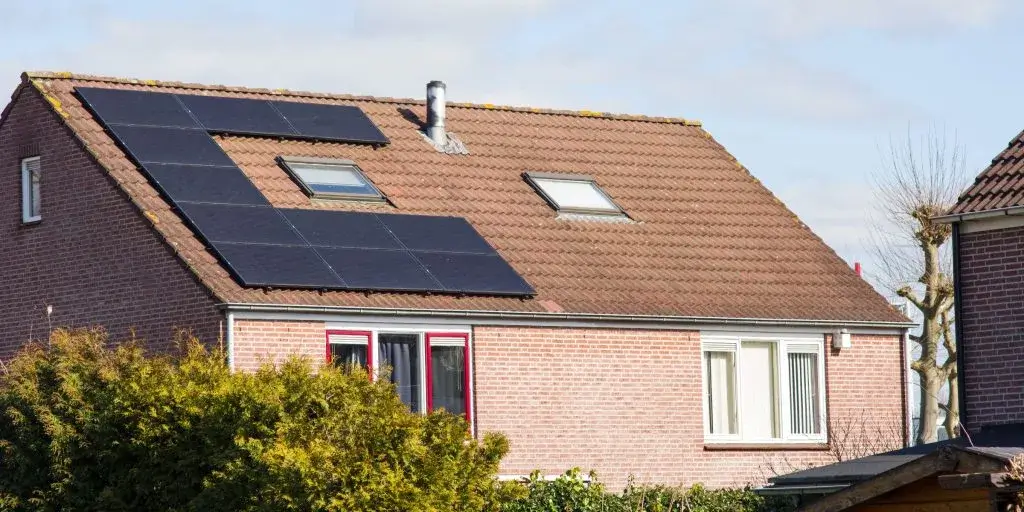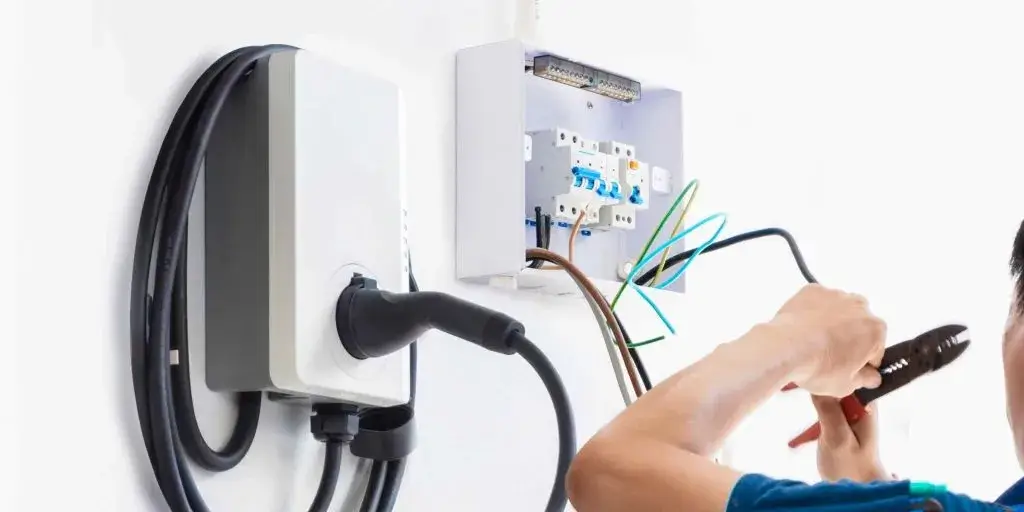Switching to solar power isn’t just great for the planet — it’s also a smart way to cut your energy bills and get access to a range of financial support. One question we get asked all the time is: What are the tax exemptions for home solar power?
In this blog, we’ll walk you through the main tax breaks, grants, and money-saving schemes available to Irish homeowners who are thinking of installing solar panels.
1. SEAI Solar PV Grant – A Helping Hand for Homeowners
If you’re considering solar panels, the SEAI Solar PV Grant is a great place to start. Offered by the Sustainable Energy Authority of Ireland, this grant is designed to make solar more affordable by covering part of the installation costs.
As of 2025, here’s what’s available:
- €700 per kilowatt-peak (kWp) for the first 2 kWp
- €200 for each additional kWp, up to a total of 4 kWp
- A maximum grant of €1,800
So, if you install a 4 kWp system, you’ll get the full €1,800.
Just a heads-up: the grant was €1,800 in 2024, and it’s expected to reduce each year until 2029 — so now’s a good time to act.
Who’s eligible?
To qualify, your home must:
- Be built and occupied before 2021
- Have the installation carried out by an SEAI-registered installer
- Get a Building Energy Rating (BER) after installation
- Follow SEAI’s Solar PV Code of Practice

2. 0% VAT – More Value for Your Money
Here’s another big win: since May 2023, there’s no VAT on the supply and installation of solar panels for private homes. That’s right — 0% VAT, instead of the usual 13.5% or 23%.
How it works:
- You must buy the panels and get them installed under one contract from the same supplier
- If you’re also getting a battery as part of the setup, it qualifies too
- But if you buy equipment separately, standard VAT (23%) applies
This VAT exemption can save you roughly 12% off the total cost and bring your payback time down by around a year. That’s money in your pocket from day one.
3. Clean Export Guarantee (CEG) – Get Paid for Excess Power
With the Clean Export Guarantee (CEG) scheme, you don’t just save — you earn. When your solar panels generate more electricity than you use, the excess gets sent to the national grid. And you get paid for it.
Here’s the lowdown:
- You’re paid for each kilowatt-hour (kWh) you export
- The rate varies by electricity provider — most pay between 18 to 24 cents per kWh
- Payments are usually added as credit to your electricity bill
It’s a simple and hassle-free way to increase your return on investment — and make your solar system work even harder for you
4. Accelerated Capital Allowance (ACA) – For Farms and Small Businesses
If you’re a sole trader, farmer, or run a small business from home, the Accelerated Capital Allowance (ACA) can offer some extra benefits.

What it does:
- Lets you write off the full cost of your solar installation against your taxable profits in the first year
- Helps improve cash flow and speeds up your return on investment
While this isn’t available to residential homeowners, it’s a fantastic option if you’re running a business on your property.
5. Other Financial Supports Worth Knowing About
Beyond grants and tax exemptions, there are a couple of extra incentives that can sweeten the deal:
Home Energy Upgrade Loan Scheme
This new scheme offers low-interest loans of between €5,000 and €75,000 for energy upgrades — including solar PV systems. With repayment terms of up to 10 years, it’s a helpful way to manage costs if you’re not ready to pay everything upfront.
Boosted Property Value
Adding solar panels can increase the value of your home by up to 4% — that’s between €7,000 to €15,000 for many homes in Ireland. Buyers love energy-efficient homes with lower running costs.
How Much Can You Really Save with Home Solar Power?
Here’s how it can all add up:
- A 4 kWp system costs around €8,000
- You get the full €1,800 SEAI grant
- You pay 0% VAT, saving around €1,000
- You earn money from CEG payments
- You save around €600–€1,000 per year on electricity
Altogether, that’s €2,800–€3,000 saved upfront, and your system could pay for itself in 5 to 7 years. After that, it’s 20+ years of clean, free energy.
Ready to Maximise Your Solar Savings?
If you’re ready to make the most of these tax exemptions and start saving, My-Power is here to help. We’ll take care of everything — from getting your SEAI grant sorted, installing your solar panels, to making sure everything meets the rules. Our expert team will guide you through every step, so you can relax and watch your savings grow.
Why not turn your roof into a long-term source of power and money?
Conclusion
So, what are the tax exemptions for home solar power in Ireland? Quite a few, and they can make a real difference. Between the SEAI grant, 0% VAT, Clean Export Guarantee, and affordable loans, there’s never been a better time to invest in solar.
You’ll save on your bills, boost your home’s value, and reduce your carbon footprint — all at the same time.
Considering the switch to solar? Get in touch with MyPower today — and let’s power your home the smart way.
Frequently Asked Questions:
1. Who is eligible for the SEAI Solar PV Grant?
To qualify for the SEAI grant, your home must have been built and occupied before 2021, the solar panel installation must be done by an SEAI-registered installer, and you need a Building Energy Rating (BER) assessment after installation. The system must also comply with SEAI’s Solar PV Code of Practice.
2. Does the 0% VAT rate apply to all solar panel equipment?
The 0% VAT applies only when both the supply and installation are done under a single contract by the same supplier. Batteries and other ancillary equipment also qualify if included in the same contract. However, if purchased separately, standard VAT at 23% applies.
3. How much can I earn from the Clean Export Guarantee (CEG)?
Payments vary by electricity supplier, but as of 2023, most pay between 18 and 24 cents per kilowatt-hour (kWh) of electricity exported back to the grid. These payments are usually credited directly to your electricity bill.
4. Can businesses or farms benefit from tax exemptions on solar installations?
Yes. Businesses, farmers, and sole traders can use the Accelerated Capital Allowance (ACA) to deduct the full cost of qualifying solar equipment from their taxable profits in the year of purchase, improving cash flow and speeding up return on investment.
5. Are there any loans available to help finance solar panel installations?
Yes. The Home Energy Upgrade Loan Scheme offers low-interest loans between €5,000 and €75,000 for energy efficiency upgrades, including solar PV systems, with flexible repayment terms up to 10 years.
6. Will installing solar panels increase my property’s value?
Installing solar panels can boost your home’s value by up to 4%, which could mean an increase of €7,000 to €15,000 depending on your property’s size and location. Energy-efficient homes are attractive to buyers and often sell faster.





